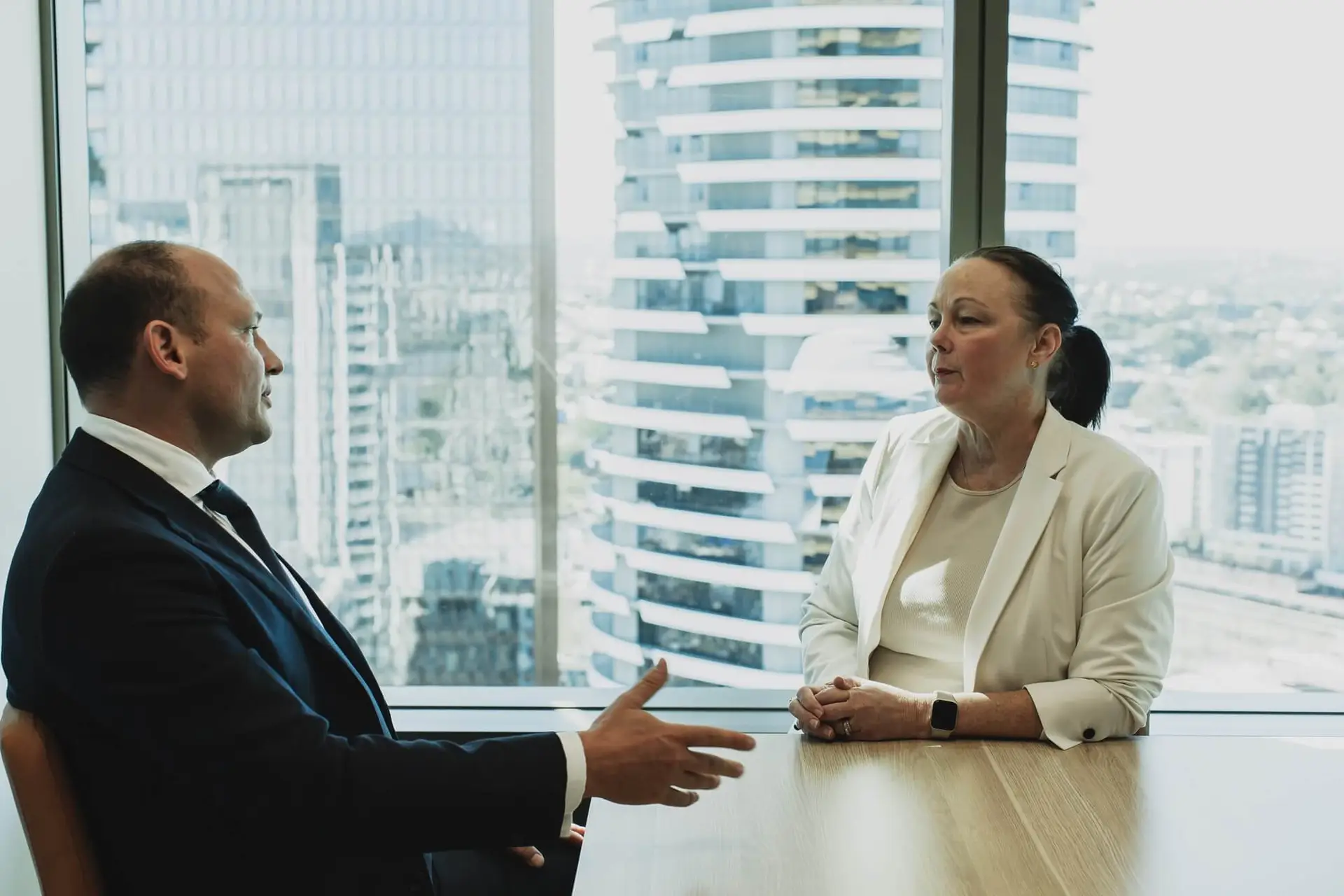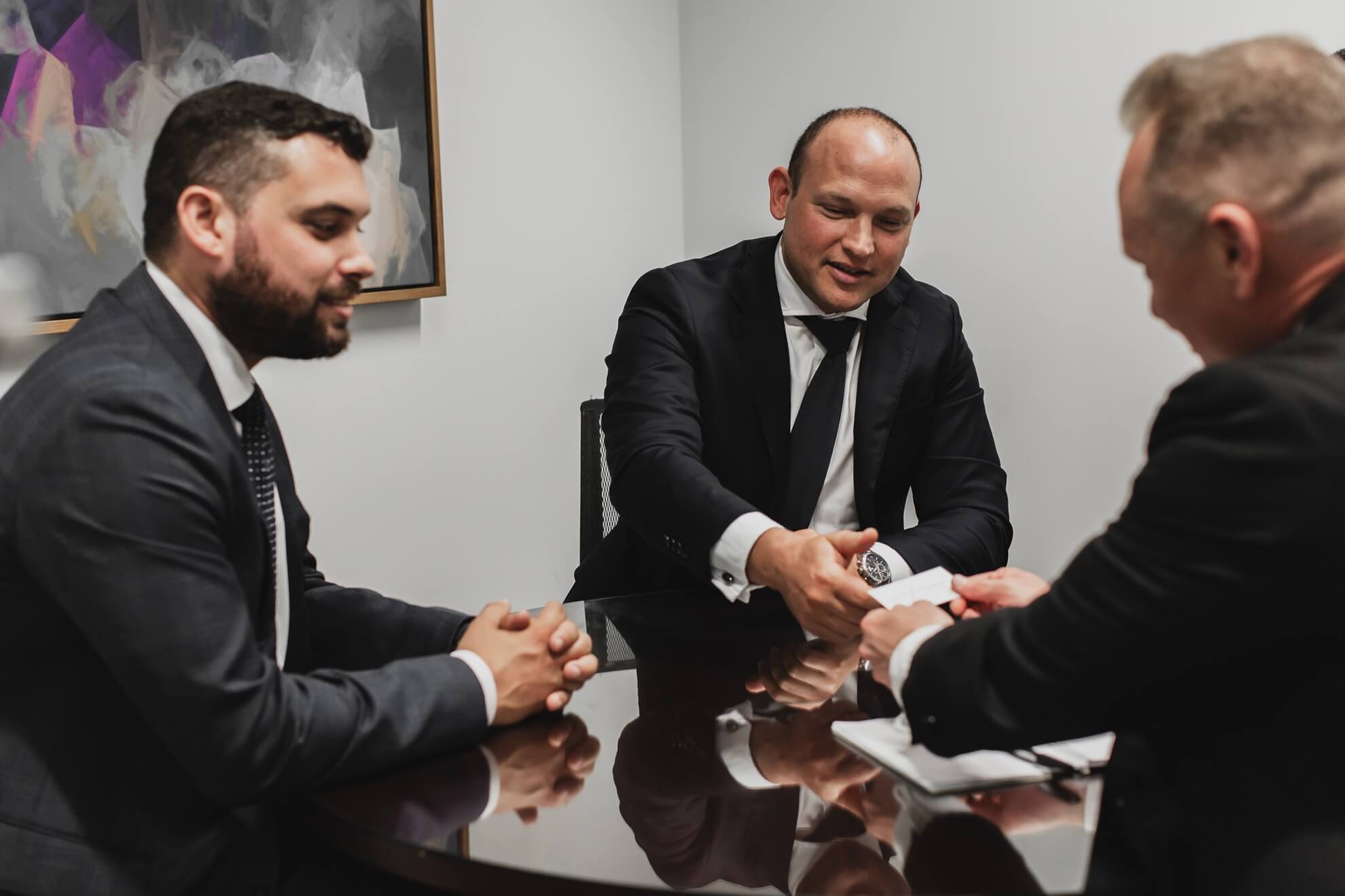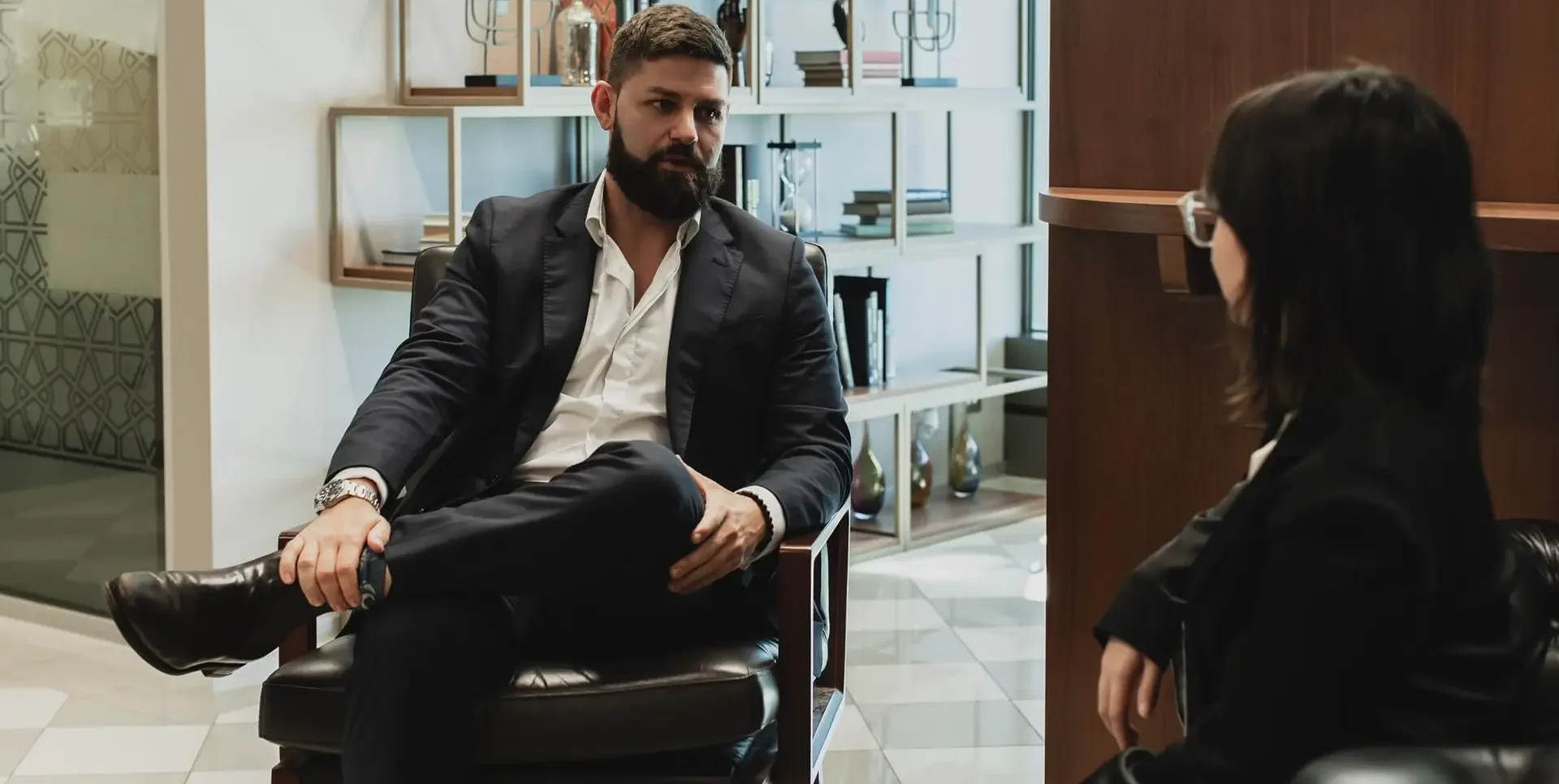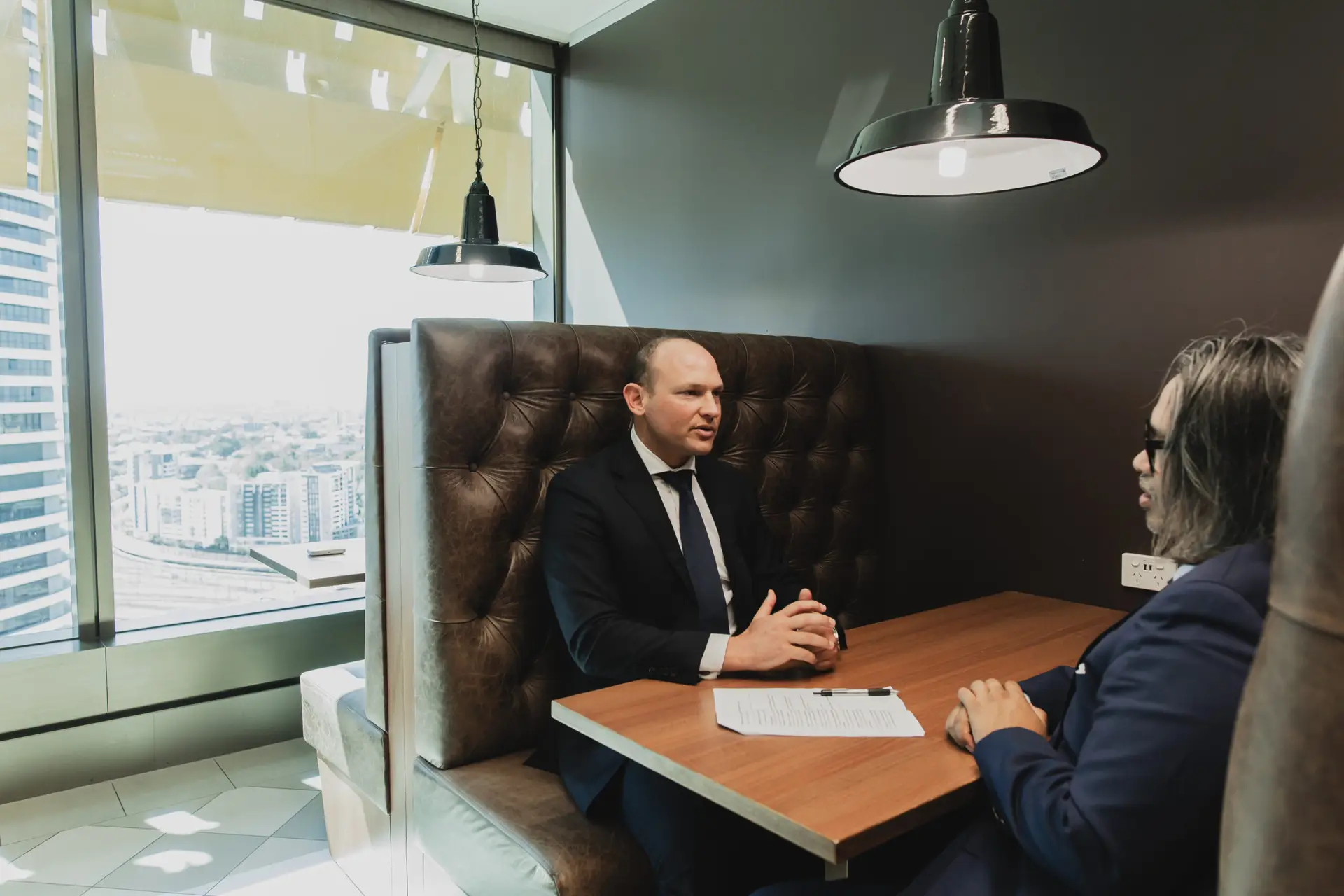Any payment to you as a creditor (someone the person owes money to) will depend on the amount of money that can be obtained from the trustee in bankruptcy selling the assets of the bankrupt and from any money in the bankrupt’s bank accounts or held in cash.
The bankrupt may also be required to make contributions from his or her income. If there is sufficient money to pay creditors, and often there is not, you will be paid a percentage of what is available – for example 10 cents in the dollar.
There are fees that are prioritised and must generally be paid first like a trustee’s fees, government charges and payments to banks and other secured creditors before any money is paid to you as an “unsecured” creditor.
You are an unsecured creditor if you do not have a mortgage or charging clause over someone’s real property. You are also an unsecured creditor even if you have a judgment against someone.
If creditors are to be paid some money, the trustee will calculate your claim as a creditor, and other creditors’ claims, by asking you to send in a “proof of debt”.
Essentially its written confirmation of the debt owed to you, such as an unpaid invoice or a court judgment. Trustees do this by writing to all the creditors.
Similar requirements apply for companies in liquidation.






